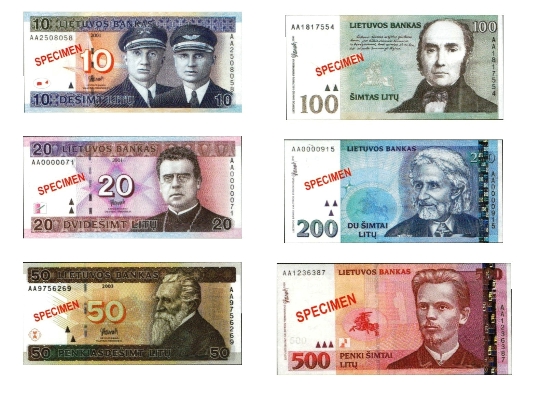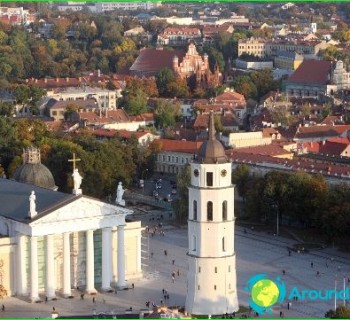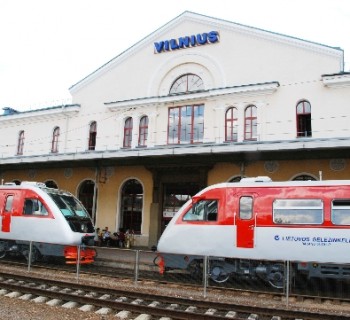Currency in Lithuania

Lithuania is one of the few countries in the European Union that does not use the euro as its main currency. So what is the currency in Lithuania? Lithuania uses its own currency called litas. This currency was used from 1922 to 1941, then from 1993 to the present day. Litas are circulated in the form of coins and banknotes. Coins in denominations of 1, 2, 5, 10, 20, 50 cents, as well as 1, 2, 5 litas. In paper version, money in Lithuania is available in denominations of 10, 20, 50, 100, 200 and 500 litas.
Short story
After the First World War, Lithuania used the money of other states, for example, Germany, as the main currency. In mid-1922, the German currency experienced severe inflation, which greatly affected the Lithuanian economy. That is why the government of the country decided to introduce its own currency, which became the litas.
As noted above, for the first time litas were used until 1941, it was in this year that Lithuania joined the USSR, respectively, the Soviet ruble became the main currency for Lithuanians. Then, after the collapse of the USSR, coupons were used as money. It was a temporary currency that was subsequently replaced by litas in 1993..
What currency to take to Lithuania
A very important issue that must be resolved before flying to the country. In general, you can take any currency to Lithuania, there are exchange offices. But more preference should be given to euros, since the exchange rate is fixed, or to dollars. It will be possible to exchange rubles for litas, but the exchange rate may turn out to be very unprofitable. The exchange rate against the euro is - 1 euro = 3.4528 litas.
There are no restrictions on the import of currency into Lithuania, and this also applies to foreign and local currencies. The export of currency also has no restrictions.
Currency exchange in Lithuania
Arriving in Lithuania, it is imperative to exchange foreign currency for local currency, because you will not be able to pay for services even in dollars or euros. Therefore, the first place where you can change part of the currency is the airport. Why part? Because at airports there are often unfavorable terms of exchange, for example, high commissions. Directly in the city, you can contact a bank or a specialized exchange office, where you can exchange the remaining money on favorable terms.
Plastic cards
In Lithuania, many services can be paid with a bank card, for example, in shops, restaurants, hotels, etc. You can also withdraw money from the card at ATMs, there are quite a few of them on the streets or in bank branches.


